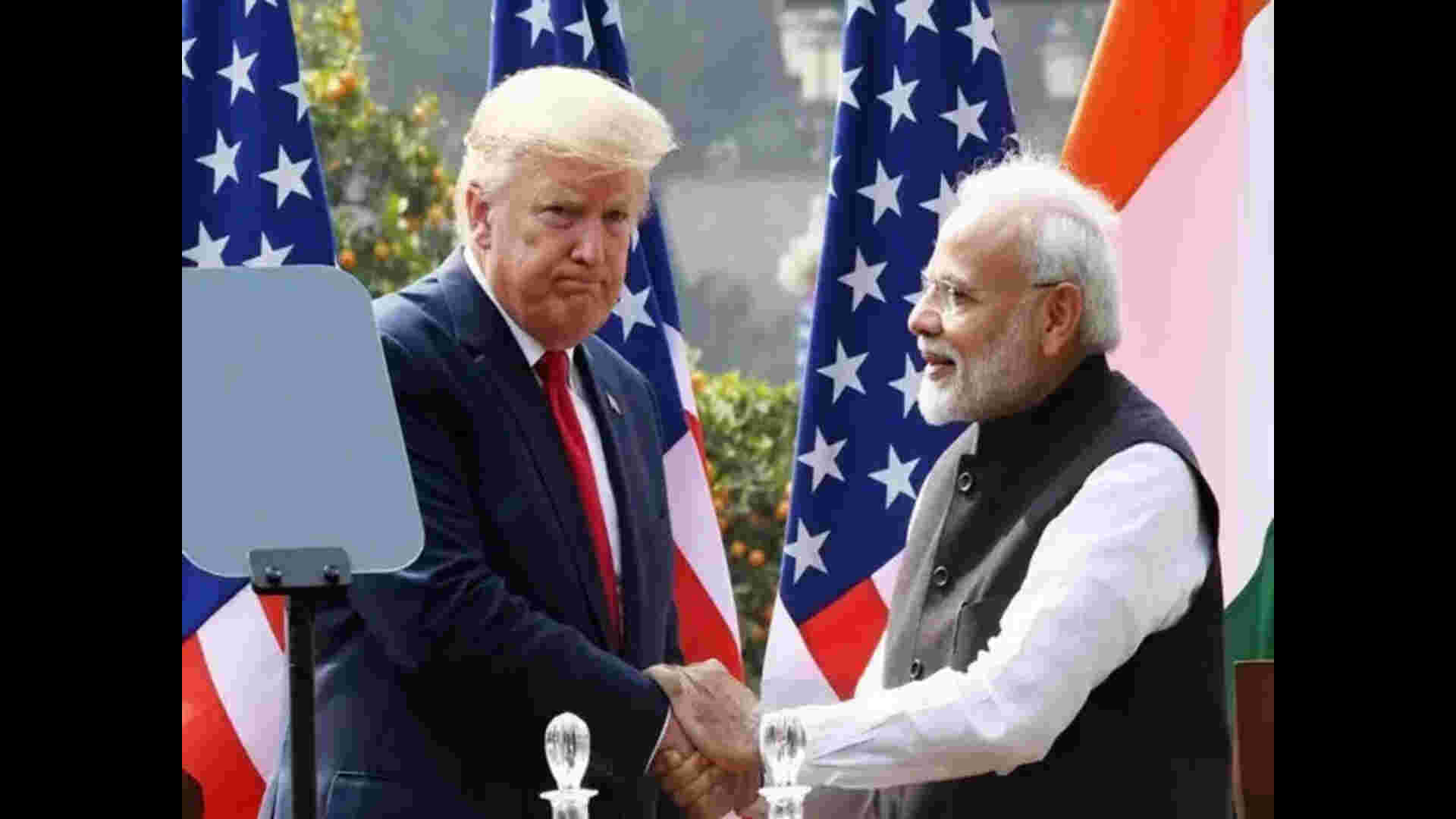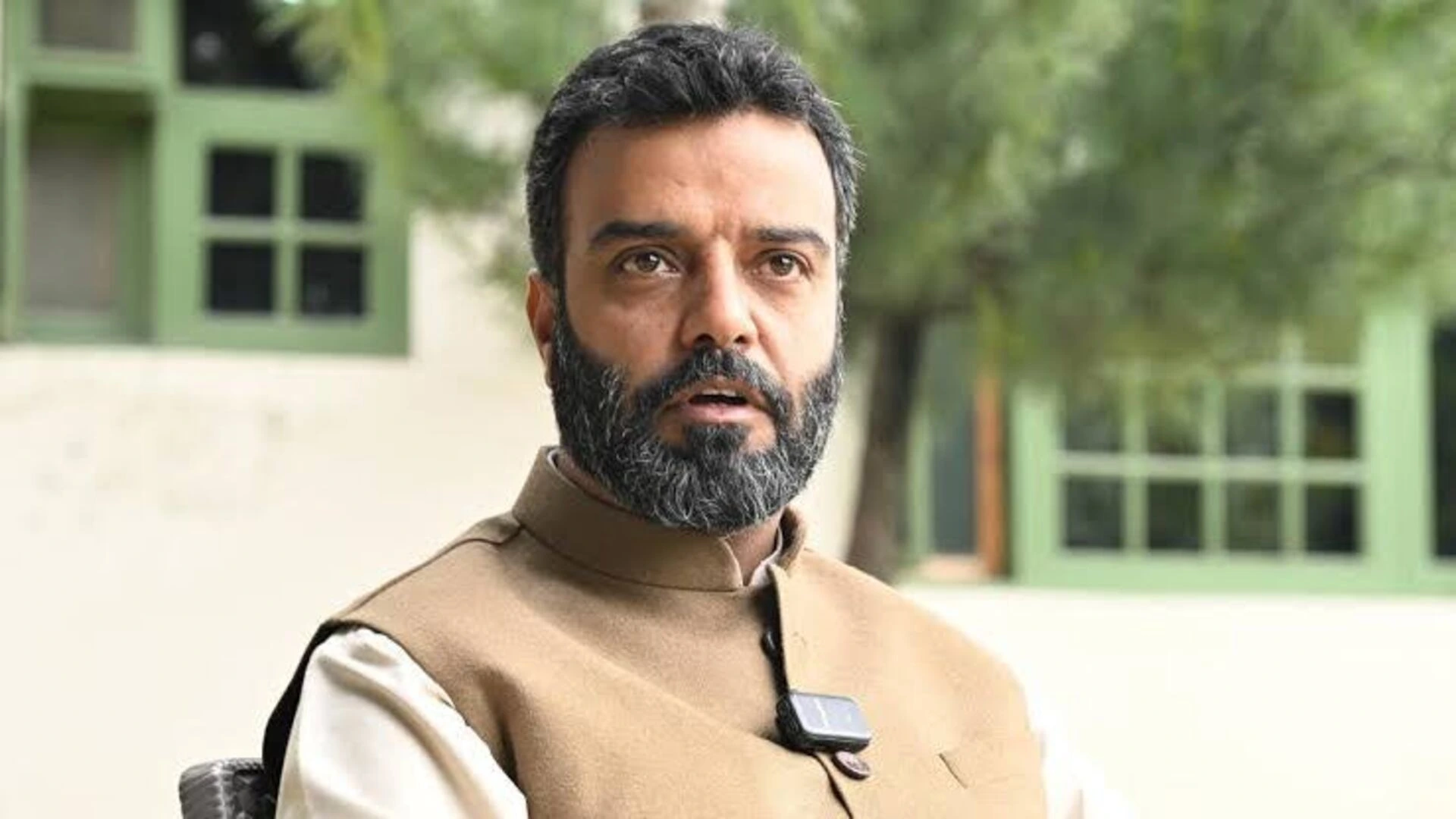Donald Trump has reclaimed the US presidency after four years. This victory signals a shift back to his “America First” approach, focusing on alliances that closely align with US interests.
Key World Leader Reactions
- Prime Minister Narendra Modi (India):
Modi sees Trump’s return as beneficial, as they already share a strong relationship. Consequently, closer ties may follow. Moreover, Trump’s stance on peace with Russia could allow Modi to maintain connections with Moscow, particularly in defense and energy sectors. - Crown Prince Mohammed bin Salman (Saudi Arabia):
With Trump’s return, Saudi Arabia finds a new opportunity to strengthen its ties with the US. Notably, Trump may expand the Abraham Accords, which could facilitate relations between Saudi Arabia and Israel. If successful, the US might extend security support to the kingdom, enabling it to focus on economic growth rather than security concerns from Iran. - Prime Minister Benjamin Netanyahu (Israel):
Netanyahu, in particular, welcomes Trump back as a longtime ally. Unlike Biden, Trump is expected to fully support Israel’s policies, including a strong military stance on Iranian proxies. Furthermore, Trump is likely to oppose a Palestinian state, aligning with Netanyahu’s position. - President Vladimir Putin (Russia):
For Putin, Trump’s return presents a chance to exploit divisions within NATO. However, Trump’s unpredictability may still concern the Kremlin. Trump’s escalated approach could pressure Putin into negotiations, though this carries risks of conflict escalation. - Prime Minister Giorgia Meloni (Italy):
Meloni, a hard-right leader, could leverage her connections with Elon Musk to influence Trump. Consequently, she may act as a bridge between NATO, the EU, and the White House. - President Recep Tayyip Erdogan (Turkey):
Erdogan has maintained a close rapport with Trump, unlike his dynamic with Biden. As a result, Trump’s anti-war stance and focus on trade could align well with Erdogan’s goals. However, Erdogan’s recent ties with China might complicate this relationship. - Leader Kim Jong Un (North Korea):
Kim may hope Trump’s return leads to reduced US military pressure in the region. During Trump’s first term, they developed a cordial relationship, so Kim may expect limited joint military exercises with South Korea. - Prime Minister Viktor Orban (Hungary):
Orban, one of Trump’s staunch European allies, views this as a chance to improve his standing within the EU. Additionally, he hopes Trump’s swift end to the Ukraine conflict could ease international pressures on Hungary. - President Javier Milei (Argentina):
Milei, an admirer of Trump, sees an opportunity to secure better terms with the IMF. Furthermore, his rapport with Musk may encourage investment in Argentina.
Leaders Who May Face Challenges
- President Volodymyr Zelensky (Ukraine):
Zelensky, however, worries that Trump might push for territorial concessions to Russia. Trump’s emphasis on a quick resolution may reduce US support for Ukraine. - President Masoud Pezeshkian (Iran):
Trump’s return likely ends Iran’s hopes for easing sanctions. Furthermore, his hard stance could lead to greater isolation for Iran, despite its recent diplomatic strides with neighboring countries. - President Xi Jinping (China):
Trump’s proposed tariffs on Chinese goods pose a threat to China’s economy. On a different note, Trump’s wavering stance on Taiwan might benefit China’s interests in the region. - Prime Minister Shigeru Ishiba (Japan):
With Trump back, Japan could face pressure to increase its financial contribution to US military support. This challenge may also extend to Japan’s exports, especially for chip-making equipment to China, which the US aims to limit. - President Claudia Sheinbaum (Mexico):
Mexico, in particular, faces concerns over Trump’s tariffs and immigration policies. His tough stance could hinder Mexico’s plans for boosting exports to the US through nearshoring. - Prime Minister Keir Starmer (United Kingdom):
Starmer’s relationship with Trump is already tense. Due to past criticisms, UK-US relations could face challenges under Trump’s leadership. - President Emmanuel Macron (France):
Although Macron worked with Trump before, the return of trade issues may pose challenges. Macron’s vision for EU unity may face friction if Trump pursues new trade terms with Europe. - President Luiz Inacio Lula da Silva (Brazil):
Lula is concerned Trump’s return will embolden his conservative opponents, especially Bolsonaro’s supporters. - Chancellor Olaf Scholz (Germany):
Germany’s automotive industry may suffer from Trump’s proposed tariffs. Trump’s criticism of Germany’s trade surplus could impact relations, especially as Scholz navigates economic challenges.
Overall, Trump’s return signals significant shifts in US foreign policy. Leaders worldwide will now adjust their strategies to either align with or counter his “America First” agenda.







